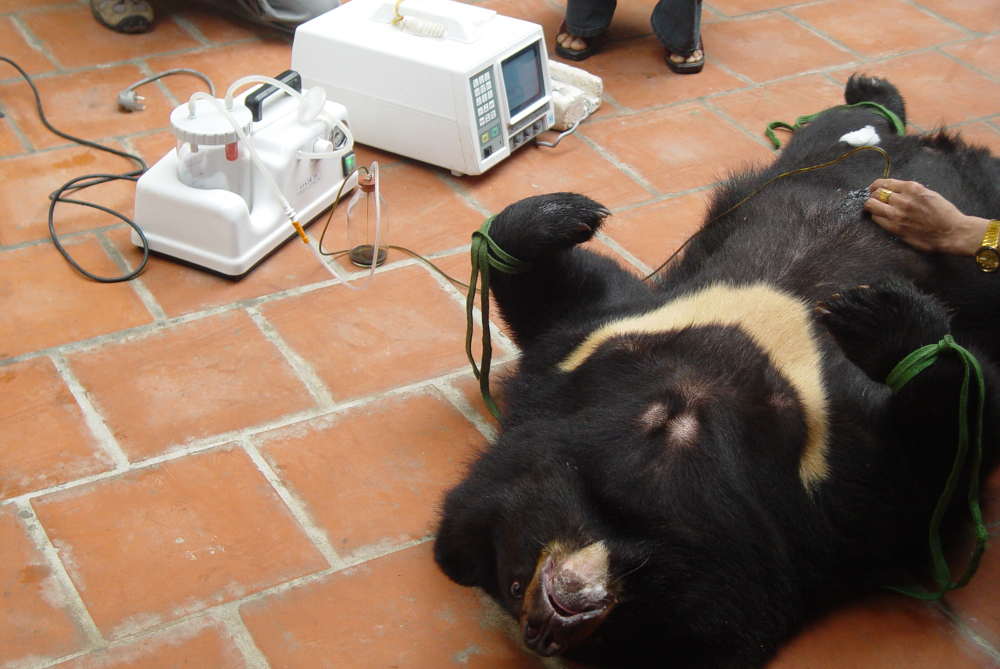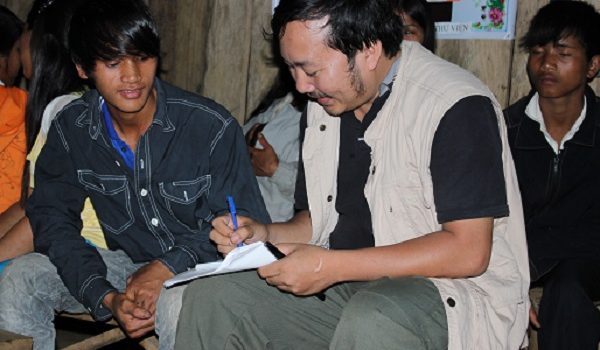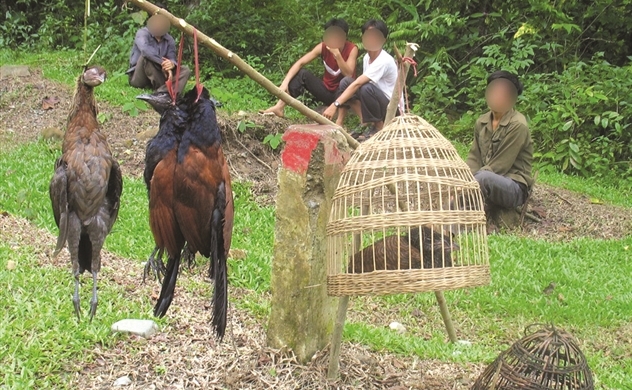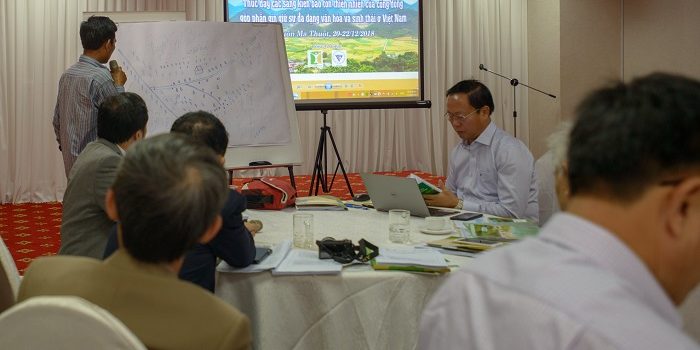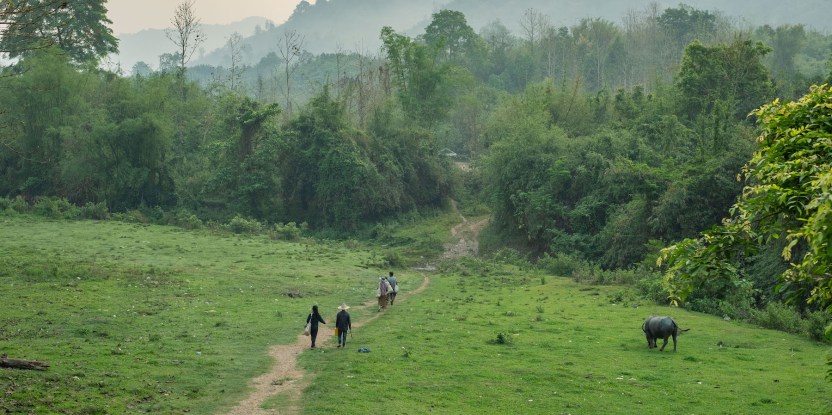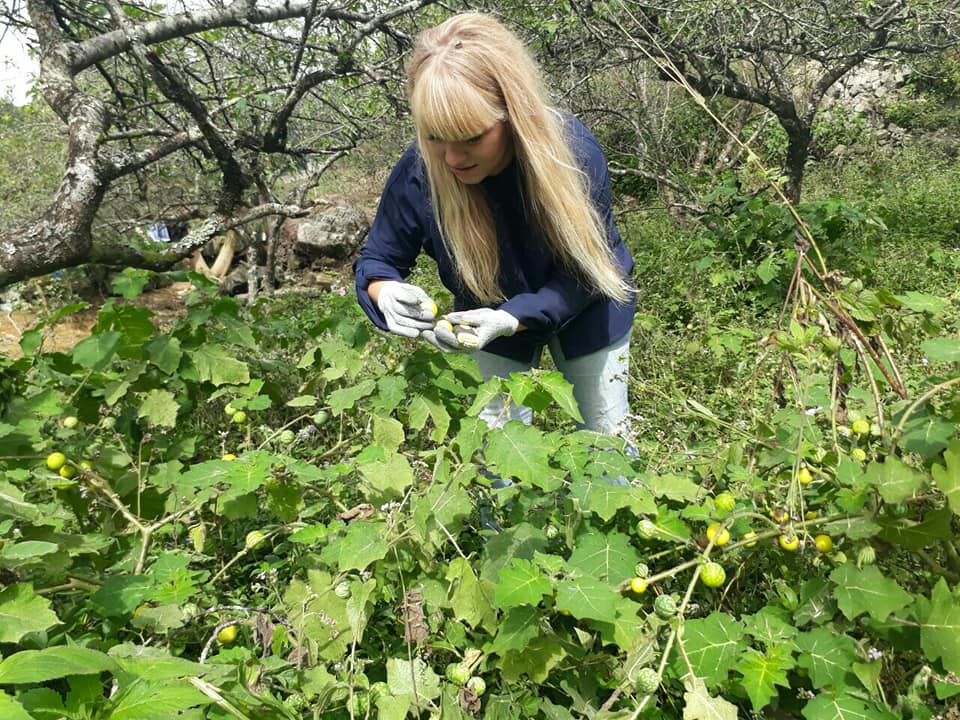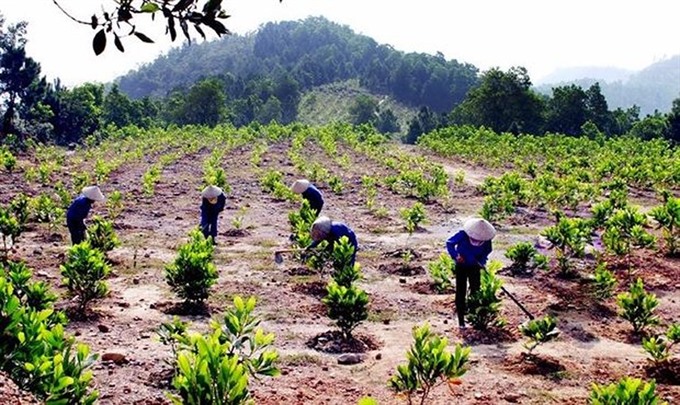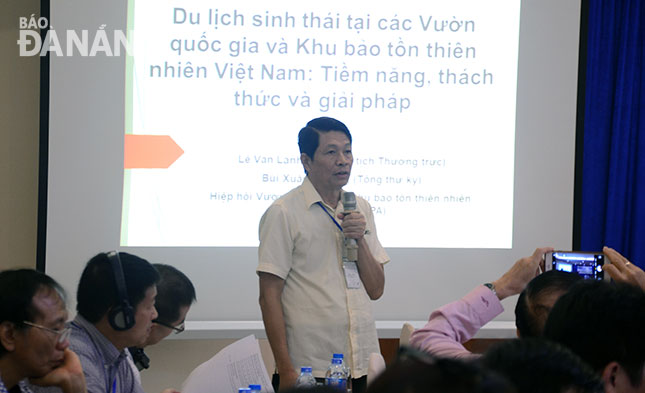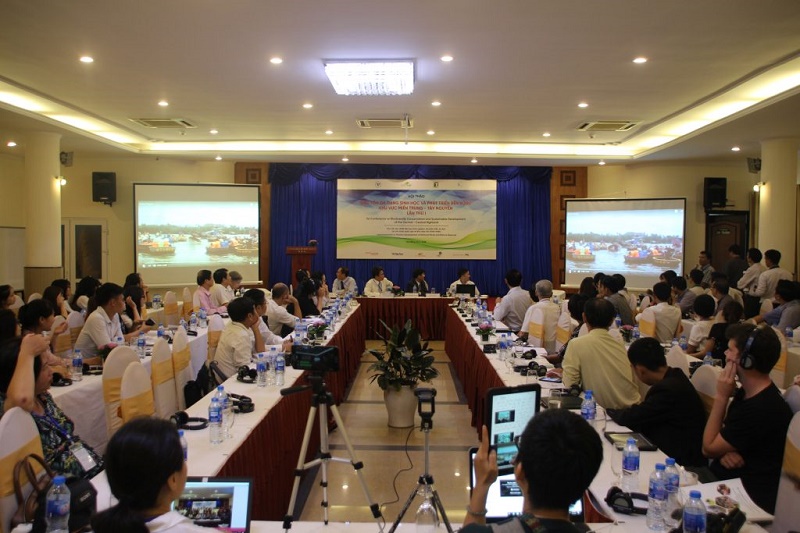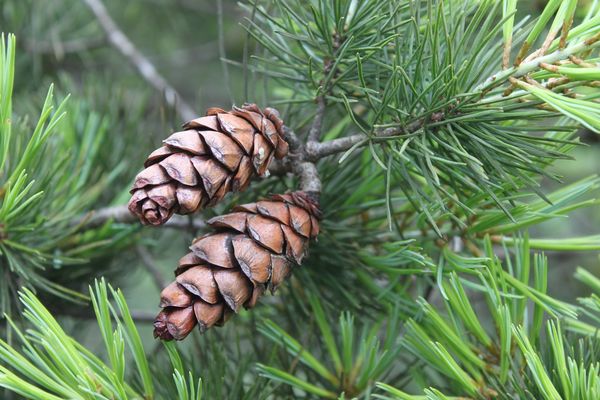Along with the population growth and pressure from the human needs, natural ecological areas in Vietnam such as forests, wetlands, coastal mangrove forests ... have been rapidly narrowed, fragmented and degraded. Accordingly, not only biodiversity and ecological values have been lost, but many traditional cultural values of the community associated with nature have also been eroded.
On December 20-21, 2018, in Dak Lak, People and Nature Reconciliation (PanNature) in collaboration with Dak Lak Union of Science & Technology Associations organized the workshop: “Promoting community-based conservation initiatives that contribute to preserving cultural and ecological diversity in Vietnam” in order to create opportunities for communities’ representatives and related organizations to share and discuss this topic.

